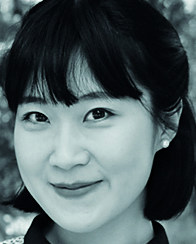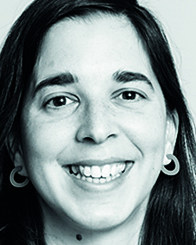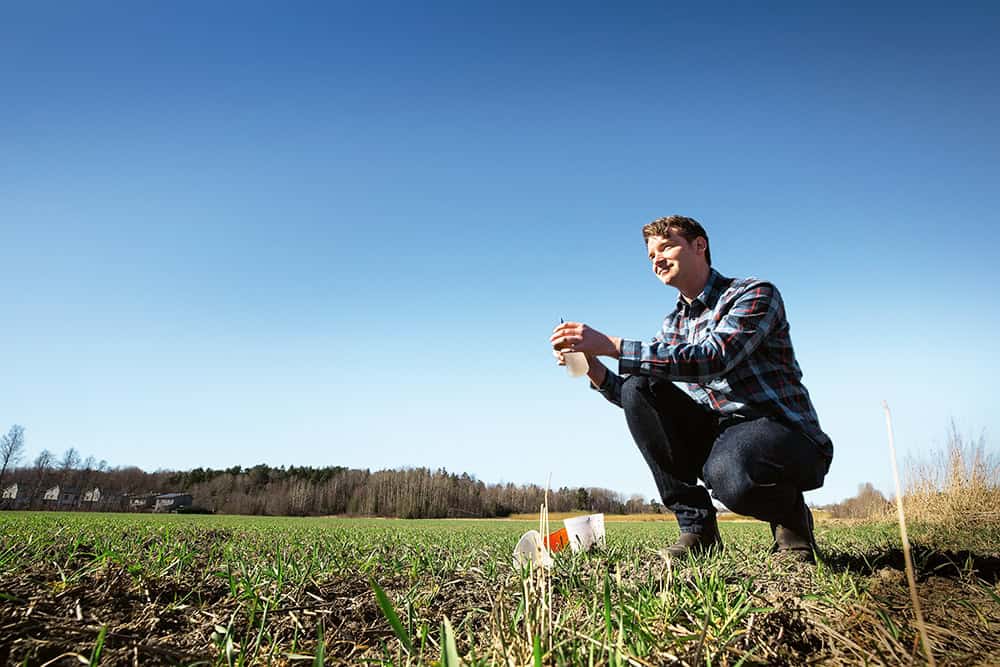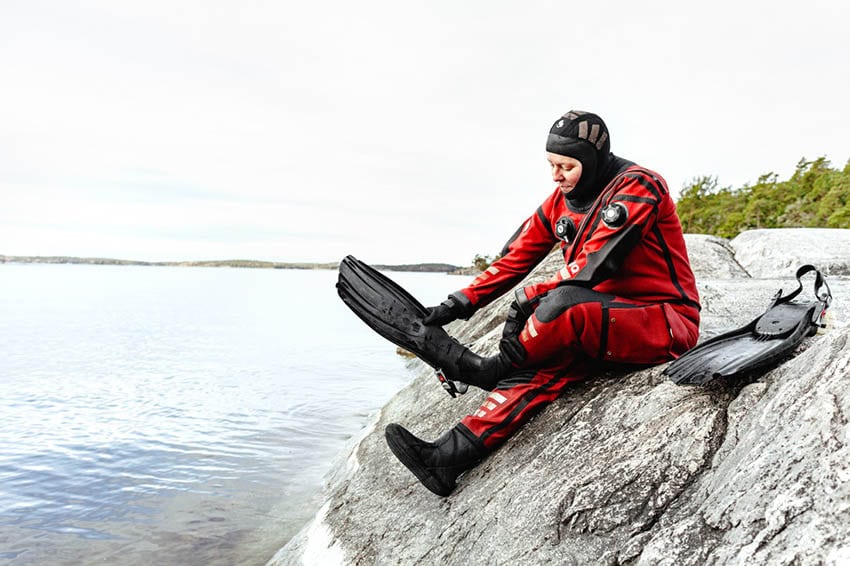Shengxin Liu, a doctoral candidate in epidemiology at KI, did her internship at a newly started consulting company in the pharmaceutical industry in September this year. She was actively involved in the work from day one, and she found that her research skills were of great use and very much appreciated outside the academic sector.
“We doctoral candidates are good at thinking critically about everything, including being self-critical,” she says, “so sometimes we don’t see the spark in ourselves.”

Deeper teamwork
The internship also gave her experience of a deeper kind of teamwork. At the company, they pooled their different skills and worked more collaboratively towards common goals.
“It’s a little different than in research, where you have to be more independent. But now I feel more willing to cooperate and to ask for help – you never know what hidden competences people have.”
KI’s internship program for doctoral candidates, postdocs and researchers is now ten years old. The programme’s coordinator is Raquel Tavares at KI Career Service, and as far as she knows, there is no equivalent programme at other Swedish higher education institutions. KI has the advantage of its competence being relatively niche and that there is a clear demand for it in the labour market, but she believes that broader higher education institutions can also learn from KI.
Help at the start of your career
Above all, helping early career researchers gain work experience outside academia has proved to be very valuable for all the parties involved. Researchers acquire new knowledge and networks, which they in turn bring back to the research group and KI. Active and experienced career support helps KI to attract the best researchers, and the interns become a shop window to the corporate sector. Employers gain access to new, highly qualified competence and direct contact with the research community.

The challenge of getting the internship programme funded and supported by managers and research team leaders has therefore become less difficult over time. This year, 20 doctoral candidates per term have had one-month internships, while 15 postdocs have had three-month internships.
The participants are paid during their internships, and it is not their research team that foots the bill, but KI centrally. In the case of postdocs, the company receiving the intern is also asked to contribute SEK 40,000.
Many applicants
There are many applicants for internship positions, and it is the resources available that set the limits for the size of the programme, says Tavares. Her advice is to start small, perhaps in project form to make funding easier, and focused on just one faculty. Building up the internship programme over time then provides great added value, for example by utilising alumni to act as bridges.
But first of all, she emphasises, it is important to identify the target groups and work on reaching them. Sometimes researchers are so focused on their research that they are difficult to reach. “Doing an internship does not have to mean that you want to leave higher education, but how will you know if you haven’t tried?”
The KI internship program is linked to the doctoral course Career Skills for Scientists. Both Raquel Tavares and Shengxin Liu can testify to the quality of the programme.















